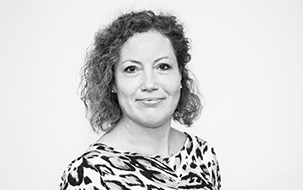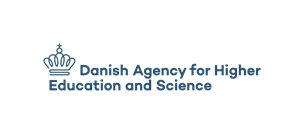Long live products and materials
Technological services for sustainable product design and material conversion will empower Danish industries to a transition to a more circular economy.
Circular economy is an ambitious path to a greener, more sustainable future
Products and materials must last longer if we are to reduce our impact on the climate and minimise the use of resources. This is one of the fundamental principles of a circular economy, which is high on the political agenda and which an increasing number of companies are expected to embrace.
The transition to a circular economy is an ambitious challenge requiring technical, systemic, regulatory, and behavioural changes, but it also represents a unique opportunity to reduce resource and carbon consumption while creating growth and jobs.
In the project entitled "Long live products and materials" we will develop technological services in the fields of sustainable product design, product lifetime optimisation and extension, and re-/upcycling for the conversion of materials into new raw materials.
This will help the industry meet future demands for sustainable product design and support the Danish electronics and machinery industry in a transformative process focused on optimising resource consumption and exploiting the opportunities presented by circular solutions.
Elevating Danish Companies with Tools, Processes, and Methods
The project's ambition is to develop tools, processes, and methods that can give companies a significant boost towards the objective of a circular economy, thus making a qualified contribution to achieving the goal of climate neutrality in Denmark in 2050.
We will turn the vision of a circular economy into concrete actions by focusing on sustainable product design, use-phase optimisation of product lifetimes, and improvement in opportunities to convert used materials into new raw materials through re-/upcycling. The development, testing and demonstration of technologies and methods to achieve this is a key ambition of these efforts.
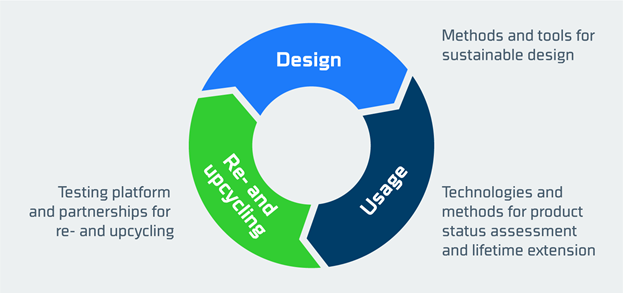
Technology services benefit electronics and machinery industries in particular
The transition to a circular economy holds immense potential, especially for the electronics and machinery industries.
These export-heavy sectors, which typically produce complex products composed of different types of materials, including high-value materials, stand to benefit significantly from circular practices. Many of these products are designed for long-term use, making them ideal candidates for circular solutions.
As a result, the project primarily benefits companies and value chains within the electronics (IT, medical devices) and machinery industries in Denmark. The focus includes Denmark's traditional strengths in measurement and control electronics, as well as products in pharmaceutical, biotech/medical, IT, green energy, environmental technology, advanced machine manufacturing, and maritime sectors.
Related content
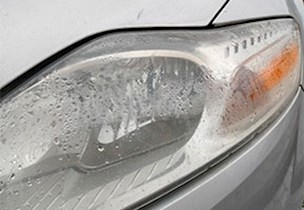
EquiLung: effective moisture and water protection
/Article
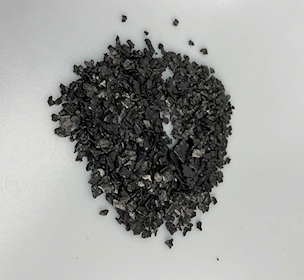
Fighting Teflon waste: Producers get impartial help
/Case
PTFE (Teflon) may be subject to a ban on PFAS. Manufacturers collaborate to recycle the substance.
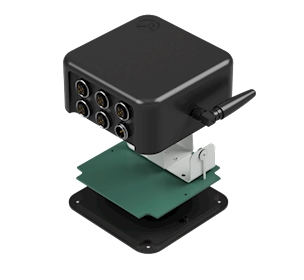
In IoT startup Acembee, sustainability is no buzzword
/Case
Acembee had the sustainability of its IoT solution screened. This gave a more competitive product.
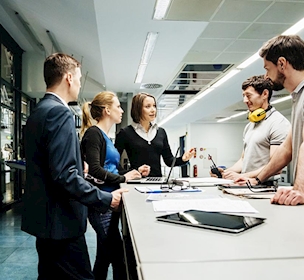
Sustainable product development
/Service
Sustainable product development – get help for a systematic product development process.
Sustainability screening – get help early
/Service
Get your mechanical, electromechanical or electronic product reviewed early in development.
Designing sustainable products
/Page
We need to rethink how we design products to make products last longer.
Practical lifetime analysis for solar cell inverters
/Article
Can we predict an electronic product's expected lifetime after a few days’ practical testing?
Lifetime extension of outdoor products (EquiLung)
/Article
Project to prevent moisture and water penetration for lifetime extension of outdoor products.
How can you work around the chip shortage?
/Article
Chip shortage is challenging for designers and manufacturers of electronic products. What are your options?
Sustainable medical devices
/Article
How do we develop, refurbish, and recycle healthcare products with a minimal carbon footprint?
Documentation of sustainability
/Page
Environmental assessment in sustainable development documentation.
Sustainable products and materials
/Page
We need to makes sure that our products are reused and last longer.
Moisture level indicators (MLI) on printed circuit boards (PCB)
/Service
Avoid humidity problems by implementing an MLI your electronics' print (PCB).
Detecting moisture levels in circuit boards using MLI
/Article
Our indicator brings you one step closer to the truth about the moisture content of your PCBs.

